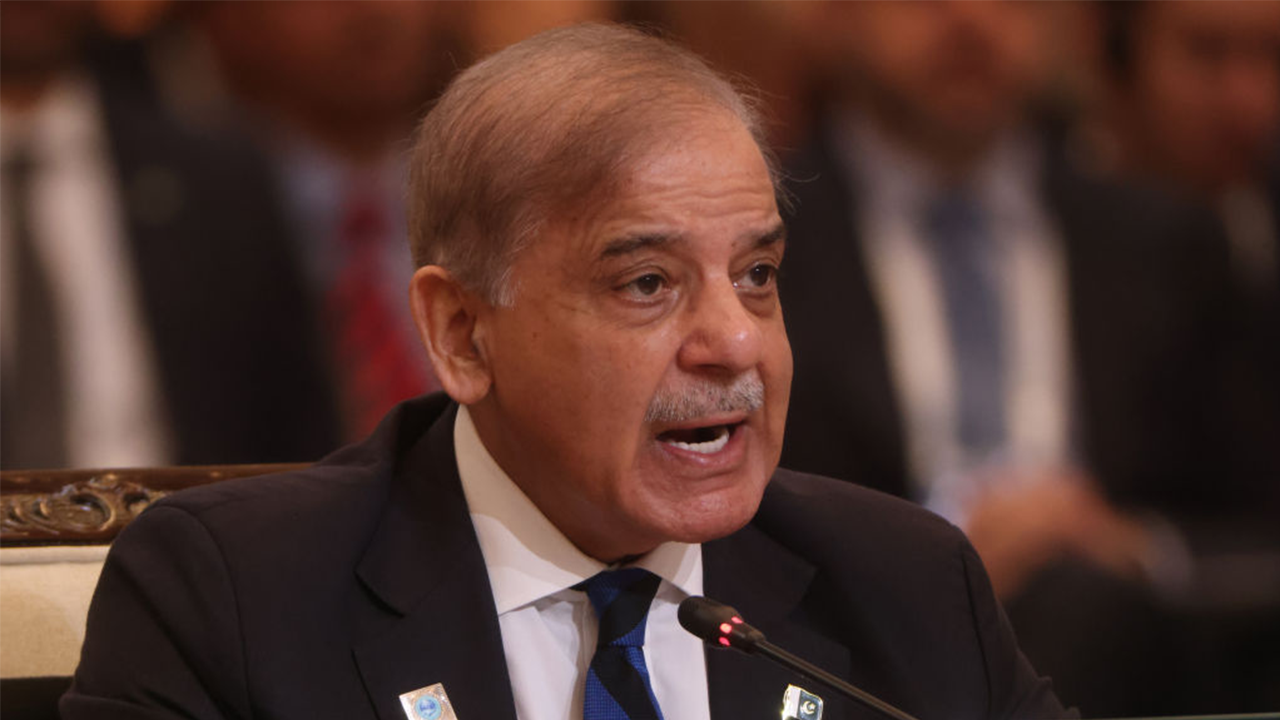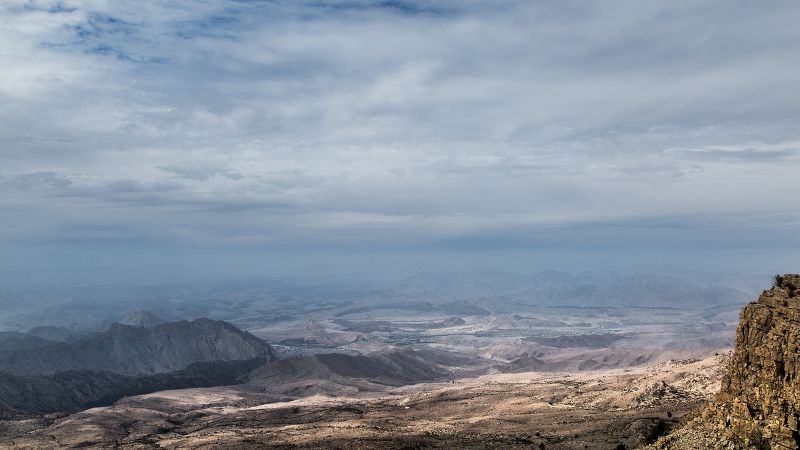Tragic Suicide Bombing in Pakistan Targets School Bus, Killing Children
A suicide attack on a school bus in Balochistan, Pakistan, resulted in five deaths, including three children, and numerous injuries.
Subscribe to unlock this story
We really don't like cutting you off, but you've reached your monthly limit. At just $5/month, subscriptions are how we keep this project going. Start your free 7-day trial today!
Get StartedHave an account? Sign in
Overview
A suicide car bombing in Pakistan's Balochistan province targeted a school bus, killing at least five people, including three children. The attack occurred on the outskirts of Khuduzar, as the bus was transporting children to their military-run school. At least 38 others were injured. Pakistani officials have condemned the attack and accused India of backing the attackers, a claim New Delhi denies. The Balochistan Liberation Army (BLA) has been implicated in multiple attacks in the region, further straining relations between India and Pakistan amid ongoing tensions over Kashmir.
Report issue

Read both sides in 5 minutes each day
Analysis
- A suicide bombing targeting a school bus in Balochistan resulted in at least five fatalities, including three children, and numerous injuries, highlighting the ongoing security crisis in the region.
- Local officials suggest the Balochistan Liberation Army (BLA) is responsible, a group with a history of violence against security forces and civilians amidst a long-standing insurgency in Balochistan.
- Pakistan's leadership has accused India of involvement in the attack without providing specific evidence, amidst rising tensions between the two nations over Kashmir.
Articles (4)
Center (1)
FAQ
At least five people were killed, including three children, and around 35 to 38 others were injured in the attack.
The suicide bombing targeted a school bus transporting children to a military-run school that caters to children of army personnel and civilians.
No group has claimed responsibility for the school bus bombing so far, although Baluch separatist militant groups have claimed other attacks in the region recently.
Pakistani officials have accused India of backing the militants responsible for the attack, a claim that India denies.
The Balochistan Liberation Army is a separatist militant group pursuing the secession of Balochistan from Pakistan and has been implicated in multiple recent attacks in the region, contributing to ongoing conflict and instability.
History
- This story does not have any previous versions.


